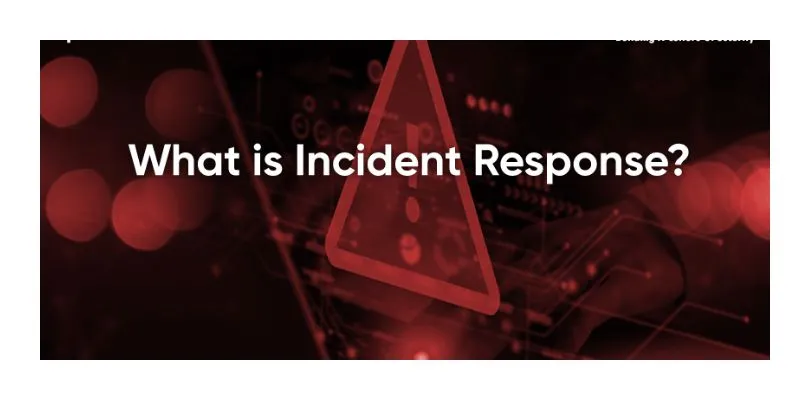
In the dynamic landscape of cybersecurity, incident response and handling play a pivotal role in mitigating threats and minimising the impact of security breaches. For ethical hackers, mastering incident response is not only a necessity but also a key component of maintaining the integrity and security of systems. This blog delves into the key components of incident response in Ethical hacking, exploring best practices. Ethical Hacking Course in Bangalore covers a wide range of topics, including penetration testing, vulnerability assessment, network security, and incident response.
Understanding Incident Response:
Incident response refers to the structured approach taken by organisations to address and manage security incidents effectively. In ethical hacking, incident response involves proactive identification, containment, eradication, and recovery from security breaches or unauthorised access attempts.
Key Components of Incident Response
Ethical hackers must thoroughly understand the incident response lifecycle, which typically includes preparation, detection, analysis, containment, eradication, recovery, and post-incident review.
- Preparation: Ethical hackers must work closely with organizations to establish robust incident response plans and procedures. This includes defining roles and responsibilities, establishing communication channels, and conducting regular training and drills.
- Detection and Analysis: Leveraging their expertise, ethical hackers employ advanced monitoring tools and techniques to detect security incidents promptly. Once detected, a thorough analysis is conducted to determine the nature and scope of the incident.
- Containment and Eradication: Rapid containment of security incidents is essential to prevent further damage. Ethical hackers employ strategies such as isolating affected systems, disabling compromised accounts, and deploying temporary fixes. Subsequently, they work towards eradicating the incident’s root cause to prevent recurrence. Ethical Hacking Course in Marathahalli offers a comprehensive curriculum tailored to meet the demands of today’s cybersecurity landscape.
- Recovery: After containing and eradicating the incident, the focus shifts towards restoring affected systems and data to their normal state. Ethical hackers collaborate with IT teams to implement recovery measures, including data restoration, system reconfiguration, and patching vulnerabilities.
- Post-Incident Review: A critical aspect of incident response is conducting a thorough post-mortem analysis to identify lessons learned and areas for improvement. Ethical hackers contribute valuable insights into this process, helping organizations enhance their security posture and resilience.
Real-World Scenario:
Consider a scenario where a financial institution experiences a ransomware attack, resulting in the encryption of critical data. Ethical hackers are immediately engaged to assist in incident response and handling. They work collaboratively with the organization’s IT team to:
– Quickly identify the source and nature of the ransomware attack.
– Contain the ransomware spread by isolating affected systems and disconnecting them from the network.
– Decrypt and recover essential data using backup systems and decryption tools.
– Analyze the attack vectors and vulnerabilities exploited by the ransomware to strengthen defences and prevent future incidents.
Incident response and handling are integral components of ethical hacking, requiring a proactive and systematic approach to address security incidents effectively. Ethical hackers play a crucial role in safeguarding organizations against evolving cyber threats by mastering incident response methodologies and best practices. Continuous collaboration, training, and improvement are vital to building resilient incident response capabilities that can withstand the challenges of today’s cybersecurity landscape. The Best Training Institute in Bangalore will be equipped with the tools, techniques, and mindset needed to proactively identify and mitigate cyber threats, making them valuable assets in the fight against cybercrime.
Also Check: Ethical Hacking Interview Questions and Answers